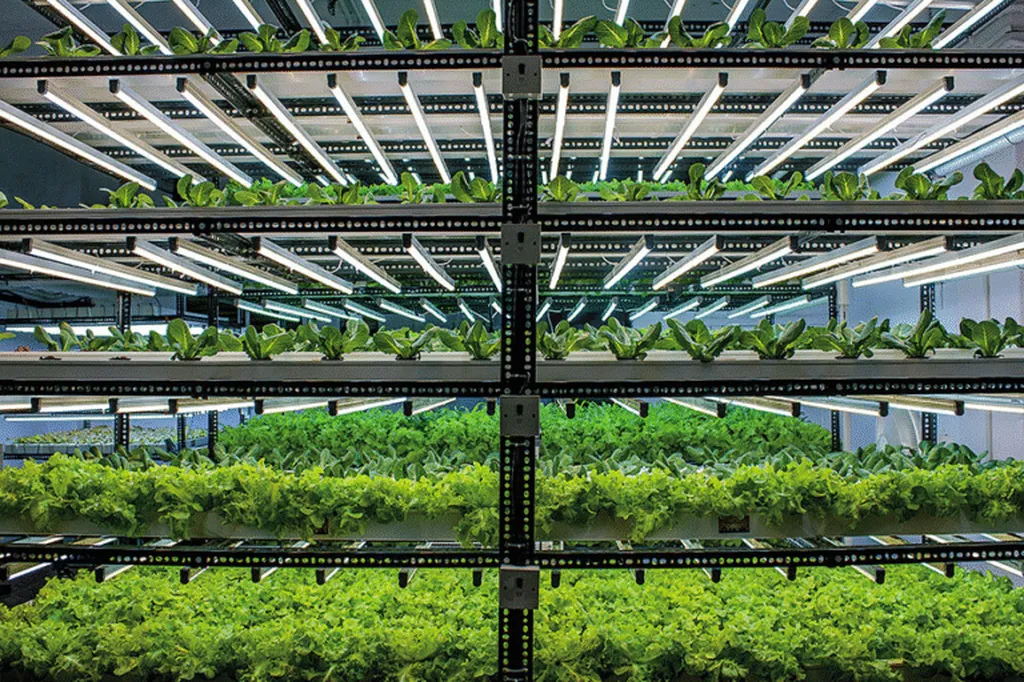In the heart of Uruguay, a groundbreaking study is redefining sustainable agriculture and water management, offering a blueprint for the future of hydroponic farming in the face of climate change. Led by Mikaela Rajchman of the Latitud—LATU Foundation at the Technological Laboratory of Uruguay (LATU), this research demonstrates how rainwater harvesting and advanced treatment technologies can revolutionize ready-to-eat produce operations, ensuring food security and resource efficiency.
Climate change is exacerbating water stress, making traditional water sources increasingly unreliable. “Rainwater harvesting offers a sustainable strategy to mitigate these challenges by providing a buffer during dry periods and reducing dependence on public water supplies,” Rajchman explains. The study focused on harvesting rainwater from the roof of a hydroponic greenhouse, collecting approximately 20,000 cubic meters annually. This water was then treated using a multi-barrier system, including strainers, ceramic membranes, and ultraviolet light, to ensure it met safety standards for irrigation and disinfection.
The results were impressive. The treatment system effectively reduced microbiological contaminants to levels compliant with national regulations, while physicochemical parameters such as turbidity and conductivity met drinking water standards. “The system also avoids the release of micro and nanoplastics and the formation of disinfection by-products,” Rajchman notes, highlighting the environmental benefits. Although further testing is recommended to assess the removal of additional pathogens, the study underscores the potential of multi-barrier treatment systems to ensure safe, sustainable water reuse.
The implications for the energy and agriculture sectors are significant. By reducing reliance on traditional water sources, hydroponic farms can lower their operational costs and environmental footprint. This innovation supports the United Nations Sustainable Development Goals, including sustainable agriculture (SDG 2), clean water and sanitation (SDG 6), responsible consumption and production (SDG 12), and climate action (SDG 13). “This study strengthens the sustainability of hydroponic food production and promotes efficient resource use,” Rajchman says, emphasizing the broader impact of the research.
Published in the journal *Sustainability Science and Technology* (translated from Spanish as *Ciencia y Tecnología de la Sostenibilidad*), this research offers a compelling case for the adoption of rainwater harvesting and advanced treatment technologies in hydroponic farming. As climate change continues to challenge traditional agricultural practices, innovations like these will be crucial in shaping a more resilient and sustainable future. The study not only provides a technical roadmap but also inspires a broader conversation about the role of technology in addressing global water and food security challenges.

